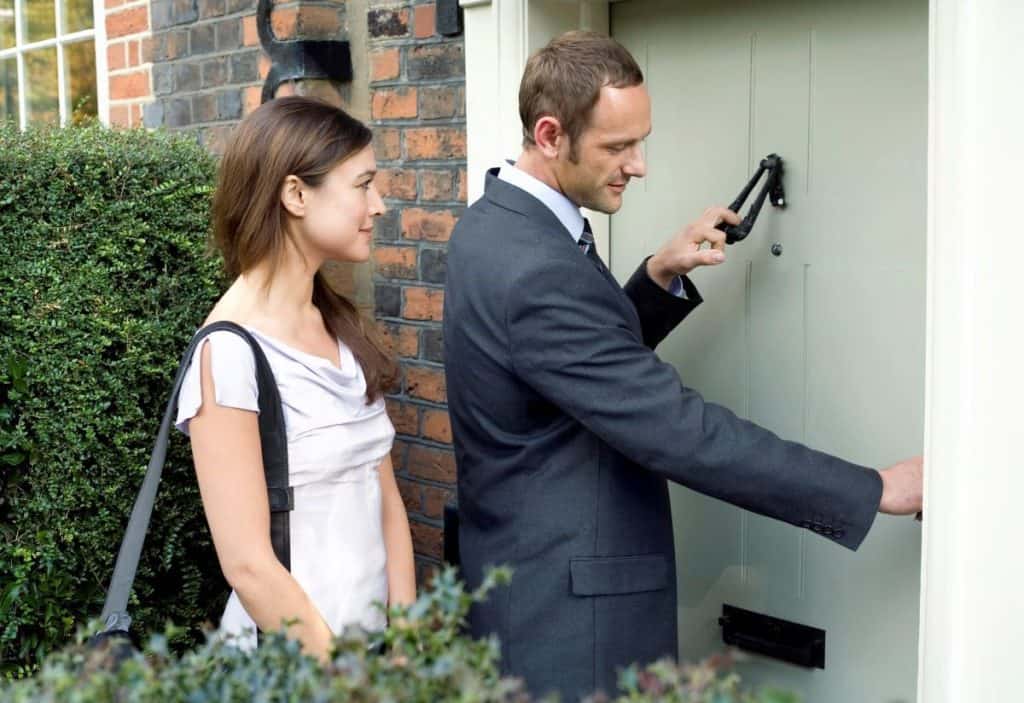Privacy is a means to gaining individuality, making it an essential aspect of everyone’s lives, including young and older children. Some parents might find it challenging to balance privacy and supervision, urging them to question seemingly trivial things like knocking before entering.
Should parents knock before entering? The answer to whether parents should knock before entering their children’s room is yes. Parents are responsible for honoring their children’s need for privacy to raise them as healthy, independent, and trustworthy individuals.
However, there are exceptions to this unsaid rule. In some instances, the child needs strict supervision due to significant reasons. Remember that creating clear boundaries and finding the right balance are the keys to a harmonious relationship between parent and child.
Why Should Parents Knock Before Entering?

One mistake some parents commit is thinking of themselves as homeowners and treating their children like renters. Such a mindset creates a nuance that they don’t have to knock before entering their children’s bedrooms because every room in the house belongs to them.
A seemingly inconsequential matter, such as knocking before entering, can denote something beyond what appears at the surface level. It stars a more complex discussion about privacy, trust, modesty, and confidence.
All homes have rules. For instance, some homes have several unwritten rules of politeness (e.g., taking off shoes at the entrance). Another example is treating others respectfully, regardless of conflicting principles or beliefs.
When it comes to whether parents should knock before entering, the parents should ask themselves if they need and deserve privacy. If the answer is yes, privacy is also essential to the child. Regardless of one’s thoughts and opinions, everyone has the right to privacy.
However, there are exceptions to the rule. For instance, younger children need constant supervision. The parents can come and go to ensure that their children are safe and comfortable in their rooms. However, when they enter puberty, things will be different.
It’s worth mentioning that parents must treat their offspring the way they wish their children to treat them. Knocking and waiting for the child’s approval to enter is a sign of respect. Parents showing the value of this principle to their children through actions will raise respectful adults.
Some parents are overprotective, while others are unnecessarily over suspicious. It’s of utmost significance for parents to understand their children. Assuming things before attempting to know what goes on can lead to a disastrous relationship between parent and child.
When Parents Shouldn’t Knock

Caring for younger children that need attention and constant supervision isn’t the only exception to the rule. A child with mental or emotional issues requires monitoring. For instance, parents with children suffering from depression who tend to self-harm need immediate access to the room.
The same goes for those suffering from addiction and substance abuse. If these cases apply, the parents and the child must communicate and set boundaries. Perhaps the presence of a therapist or a counselor can help determine how much privacy the child needs.
Final Thoughts
It’s almost a natural reflex for some parents to monitor their children constantly. After all, danger lurks everywhere, and parents want their youngsters to be safe more than anything. However, being mindful of the thin line between invading a child’s privacy and protecting them is crucial.
A parent overstepping boundaries would raise secretive kids. Children as young as six might need physical privacy as they develop their sense of self, autonomy, and independence.
As mentioned earlier, knocking before entering a child’s room signifies respect. When parents show their children that they understand, trust, and respect them, they follow suit. The challenge is to balance privacy and protection through constant communication.